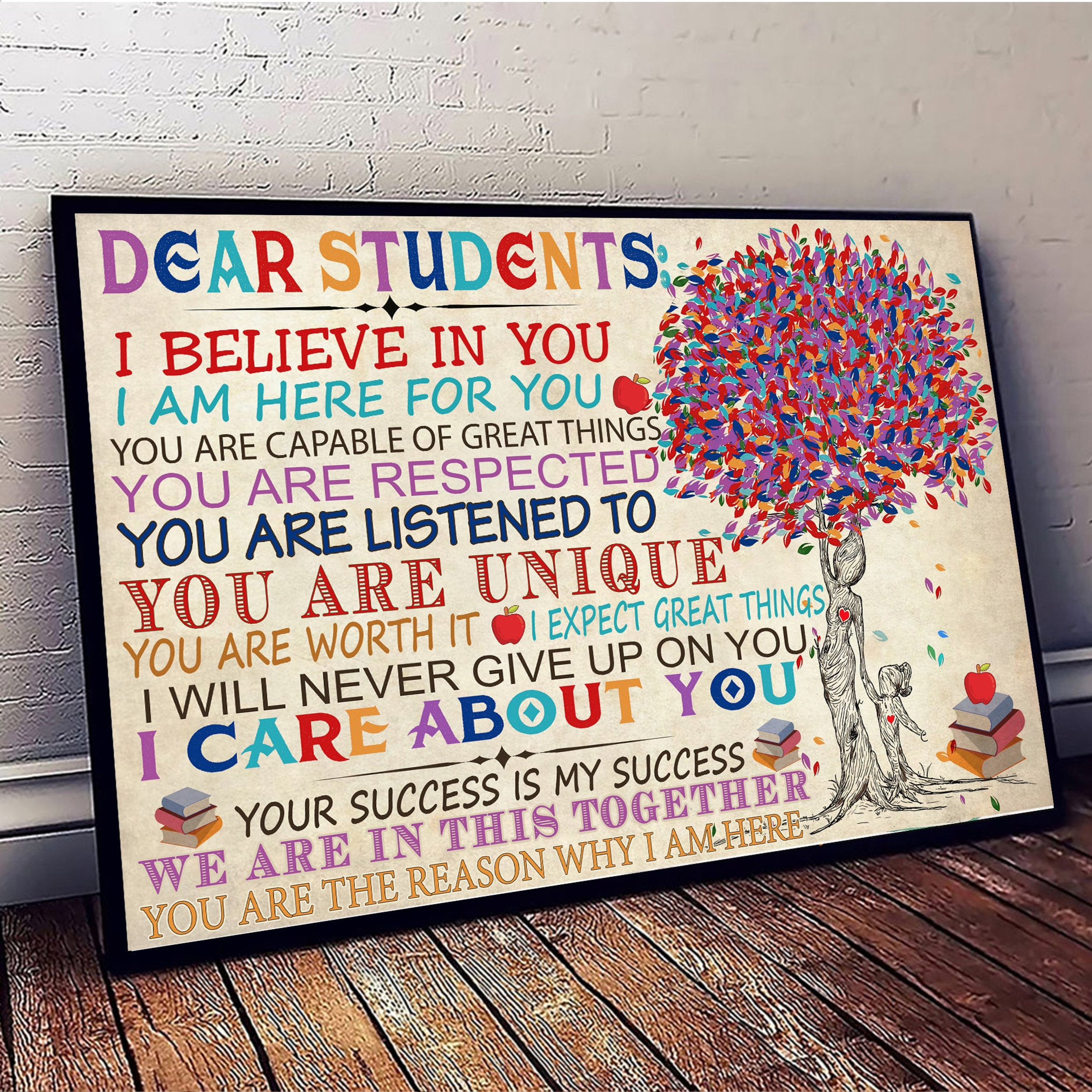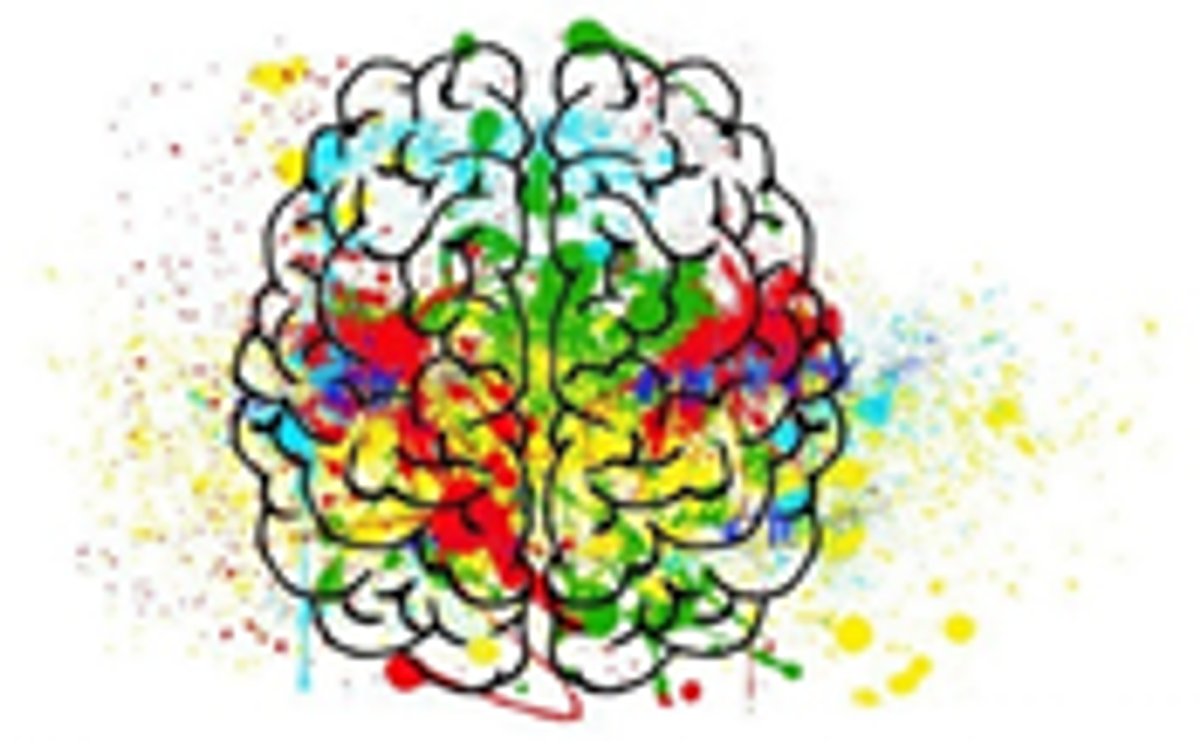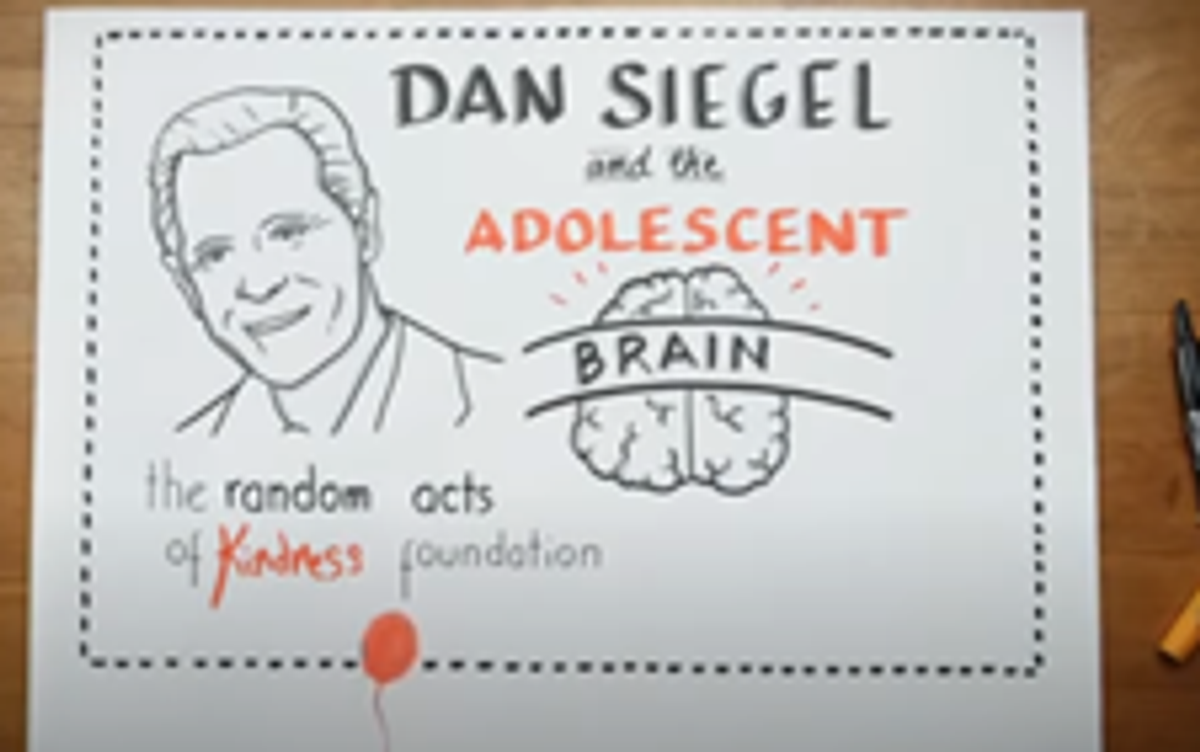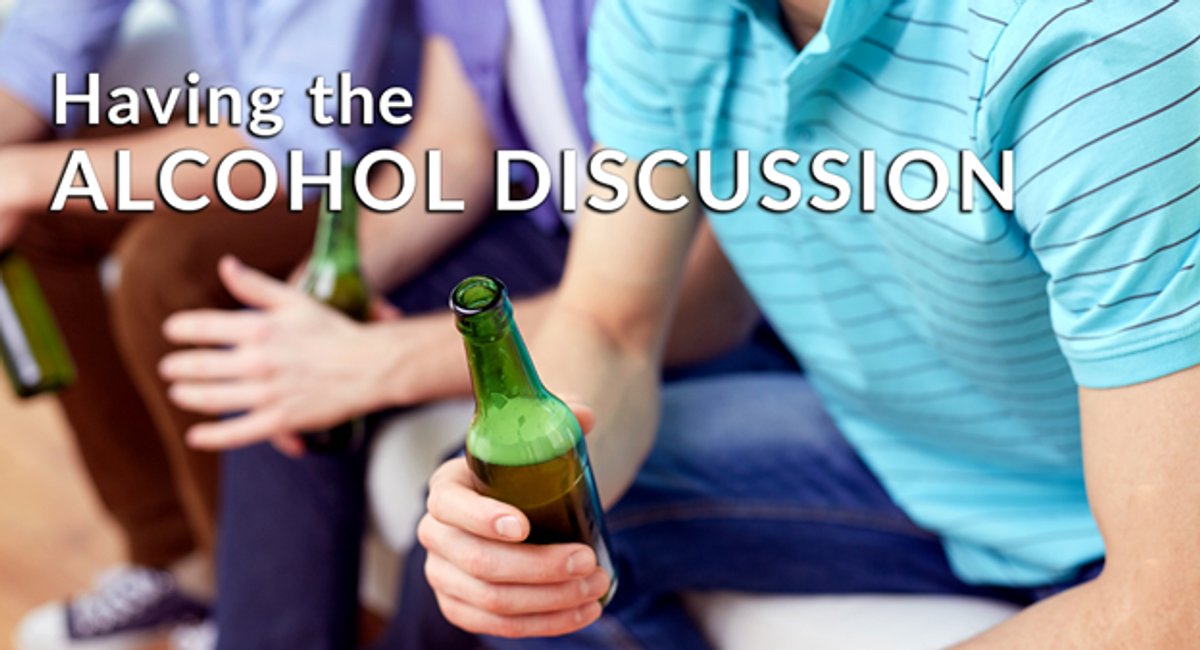College Counsellor &
Wellbeing News

College Counsellor &
Wellbeing News
Teenagers are often complaining why they can’t do things.
Why can’t I go to the party?
Why do I have to do my homework/schoolwork?
Why do I have to go to school?
Why can’t I stay up late?
Why can’t a play for another 15 minutes?
Well there is a really good and pretty cool reason...
The Adolescent Brain!
Adolescence is a time of substantial development within the brain.
During adolescence the brain makes three major changes:


The way adolescents interact within their environment determines many of the changes that take place in their brain. These changes prepare people for adulthood as the brain becomes more efficient, and able to perform more complex forms of thought and behaviour. These changes continue till around 25 years of age. This means the activities the adolescent takes part in during this time and the way they interact with their environment helps to shape their brain. These experiences shape perceptions, memory and can have life-long consequences on how their brain works. Things like not getting enough sleep, drinking alcohol, relationships, exercise, diet all influence how the brain develops.
Check out Dan Siegel’s "The Adolescent Brain"


SPECIAL REPORT: Having the Alcohol Discussion


With the impending festive season and end of school celebrations, some teenagers may be feeling ready to party, wanting to put the disruptions, frustrations and disappointments of this past year, behind them.To ensure our young people stay safe during this time, parents and carers are encouraged to have the alcohol discussion - no matter how difficult or overwhelming it may be. It is important to outline the rules and boundaries around age-appropriate alcohol consumption and what the legal implications may be.Young people are at greater risk of alcohol-related harm than adults because their brains continue to develop until their mid-twenties. The safest level of alcohol consumption for teenagers, is no alcohol at all, but this may be difficult to enforce and may not prevent them from experimenting. However, parents and carers can influence sensible drinking habits and help minimise the risks.
A major proportion of disease and death for young people is caused by alcohol use. Studies have shown the harmful health and social consequences of teenage drinking, including risky sexual behaviours; public disturbance and aggression; hospitalisation; interruptions to family life, education and work; accidents and injuries.In this Special Report, a series of discussion points are offered to help make the conversation about alcohol consumption a little easier. We hope you take time to reflect on the information offered in this Special Report, and as always, we welcome your feedback.If you do have any concerns about the wellbeing of your child, please contact the school for further information or seek medical or professional help.Here is the link to your special report
https://mccww.catholic.schooltv.me/wellbeing_news/special-report-having-alcohol-discussion-au
Karen Surian
MCC College Counsellor